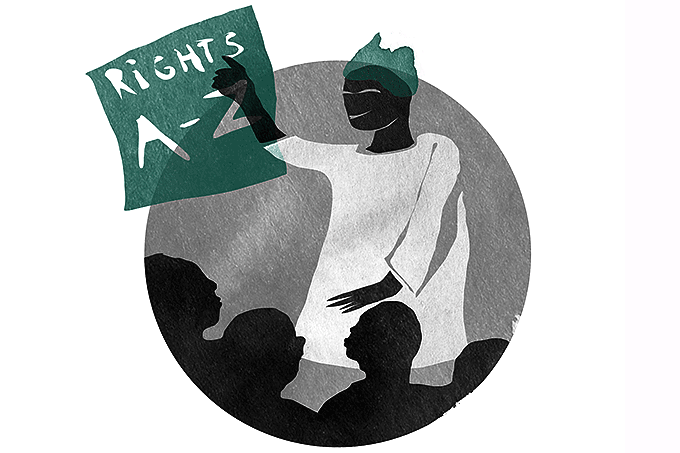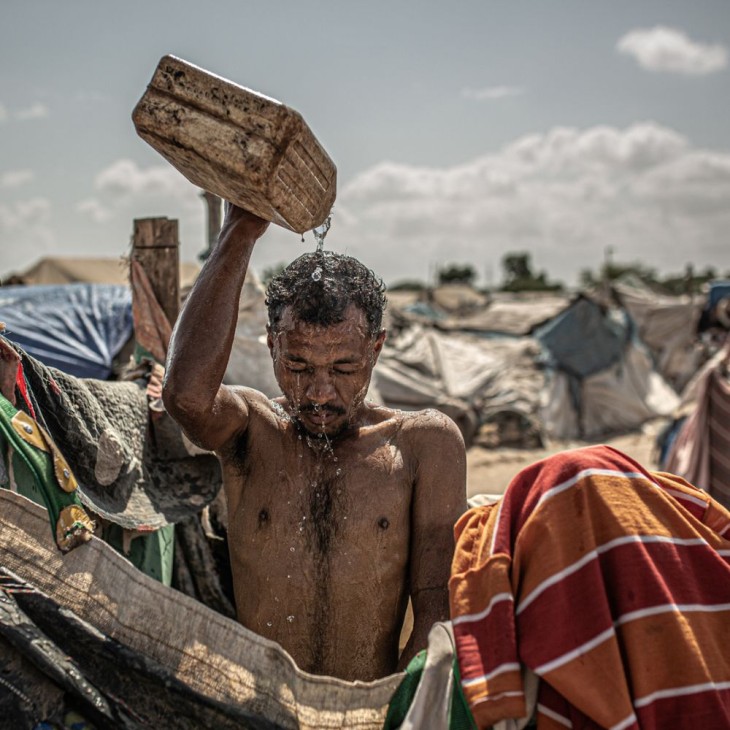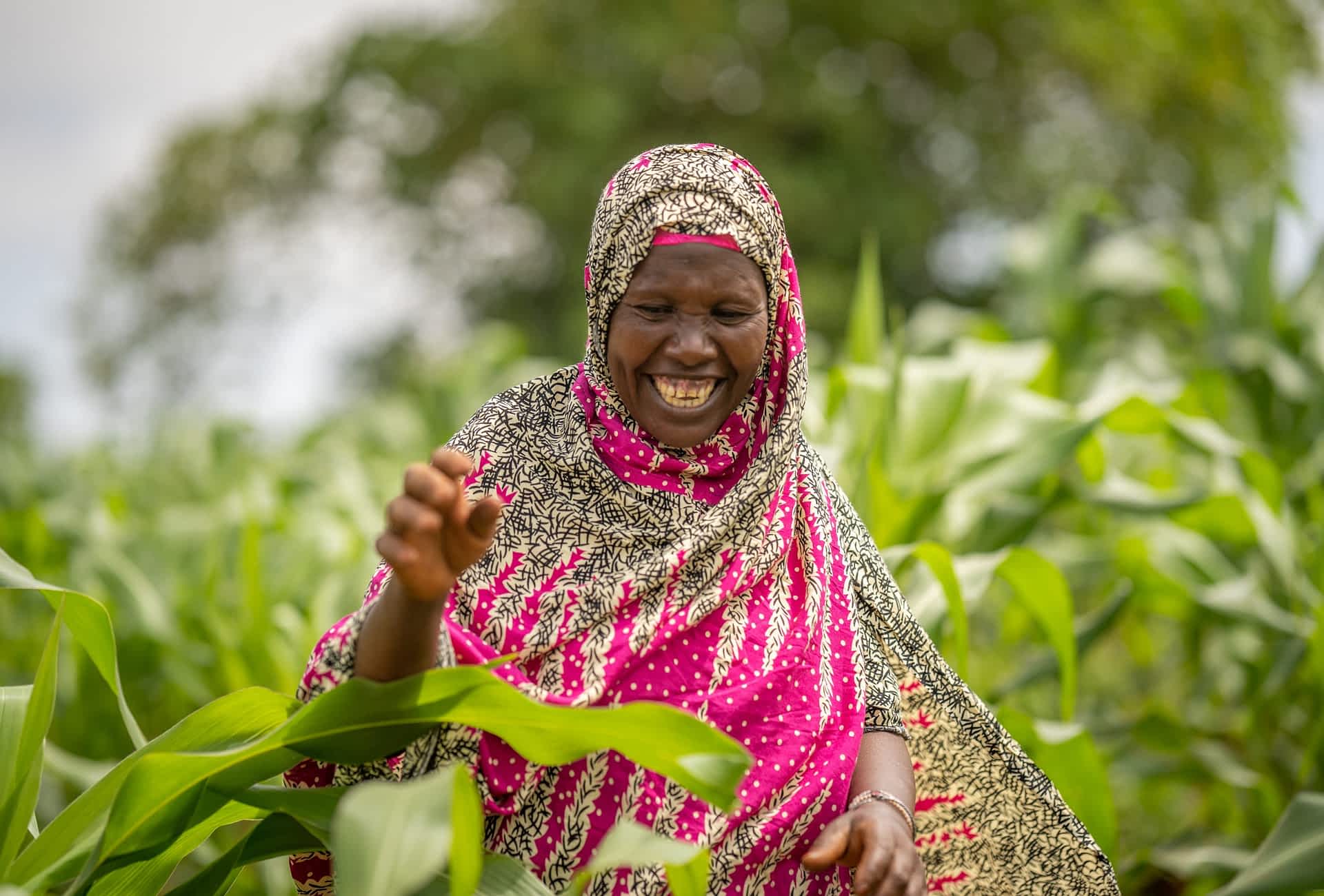The Six Step Guide

This Six Step Guide is a product of a community workshop held in Bo, Sierra Leone from May 24 to May 26, 2016.
The guide was created by Oxfam Danmark in Sierra Leone based on inputs from workshop participants and should be seen as a first input to begin the implementation of the CDA template.
The workshop was facilitated by Jordon Kuschminder and project managed by Nuru Deen and Morten Blomqvist from Oxfam Danmark.
Why Community Development Agreements Matter
Mining is a cornerstone of Sierra Leone’s economy, but too often, communities living near mining operations see little benefit from these activities. Instead, they experience environmental degradation, displacement, and social tensions. Community Development Agreements (CDAs) offer a framework to change this reality. If properly implemented, CDAs can provide long-term benefits for affected communities and improve relations between mining companies and local populations.
Under Section 139(1) of Sierra Leone’s Mines and Minerals Act (2009), holders of small- or large-scale mining licenses must establish and implement a CDA with primary host communities if their operations exceed certain thresholds. CDAs are legally mandated, but their success depends on genuine community participation, transparency, and a shared commitment to sustainable development.
About This Six-Step Guide
This guide is the outcome of a community workshop held in Bo, Sierra Leone, from May 24 to May 26, 2016. It was developed by Oxfam Danmark (then Oxfam IBIS) based on participant inputs and serves as a practical tool for communities, civil society, and companies.
It outlines the key stages for developing and implementing a CDA in line with Sierra Leone’s Model CDA Template. While simplified, it provides a roadmap for informed engagement and equitable negotiation.
Step 1: Stakeholder and Community Mapping
The first step is identifying all communities and families that could be affected by mining operations, including those within the concession area and within a 30 km radius of the license zone. This phase typically starts with a sensitization workshop led by the National Minerals Agency (NMA) to raise awareness about legal requirements and the CDA process.
Key actions include:
- Mapping stakeholders and defining roles in the engagement process.
- Developing an action plan for initial consultations, including timeframes and methods for selecting representatives.
- Establishing ground rules for communication and participation.
This stage is foundational—no formal agreements are signed yet, but trust and structure are built for the steps ahead.
Step 2: Community Capacity and Organization
Communities must be prepared to negotiate effectively. This step involves:
- Identifying knowledge gaps and providing training on mining operations, CDA requirements, and negotiation strategies.
- Establishing a Community Development Committee (CDC) of approximately 23 members to represent diverse stakeholders, including women, youth, and vulnerable groups.
- Creating a Technical Group to support the CDC with technical advice.
The process must follow a free, prior, and informed consent approach to ensure that all voices are heard and respected.
Step 3: Community Preparation of the Agreement
Before negotiations begin, communities need to prioritize their needs and aspirations. This includes:
- Assessing the impacts of mining on different groups, with special attention to women, children, and displaced families.
- Developing a Resettlement Plan for those affected by involuntary relocation, based on international best practices.
- Identifying both financial and non-financial benefits such as infrastructure, education, healthcare, job creation, and support for local businesses.
Inclusive consultation is key. Every demographic—elders, youth, faith groups, and marginalized populations—should have input into the community’s development priorities.
Step 4: Negotiating the CDA
With priorities set, negotiations with the mining company begin. While Sierra Leone’s Model CDA provides a regulatory framework, the specific projects and benefits must be negotiated.
Recommendations include:
- Ensuring communities have access to technical and legal assistance for fair participation.
- Considering a wide range of development initiatives: education scholarships, vocational training, infrastructure (roads, schools, water systems), agricultural projects, and cultural preservation.
- Avoiding individual privileges—benefits should serve the community as a whole.
Gender and youth inclusion remain critical at this stage to prevent inequitable outcomes.
Step 5: Implementing the Agreement
Signing the CDA is only the beginning. Implementation requires:
- A detailed work plan with clear indicators, timelines, and monitoring mechanisms.
- Transparent financial management, including open bidding processes, external audits, and dedicated bank accounts.
- Establishing a Conflict Resolution Committee to mediate disputes between the community and the mining company or within the community itself.
Effective implementation depends on regular monitoring, transparent reporting, and strong community oversight.
Step 6: Reviewing and Updating the CDA
Mining operations evolve over time, and so do community needs. The CDA should be reviewed every five years—or sooner if significant changes occur. This review process should:
- Assess the effectiveness of current projects and identify emerging priorities.
- Include all stakeholders in consultations.
- Be facilitated by the Ministry of Mines and Mineral Resources and local authorities, starting at least six months before the agreement’s expiration.
Regular reviews ensure that CDAs remain relevant and responsive to changing conditions.
Why This Matters for Sierra Leone’s Future
CDAs are more than compliance tools—they are opportunities to build lasting partnerships between communities and mining companies. When implemented well, they can reduce poverty, promote social cohesion, and turn resource wealth into real development gains.
This Six-Step Guide is a starting point. Every community and mining project is unique, but these principles—participation, transparency, accountability—are universal. By following these steps, Sierra Leone can move closer to a mining sector that benefits everyone.

